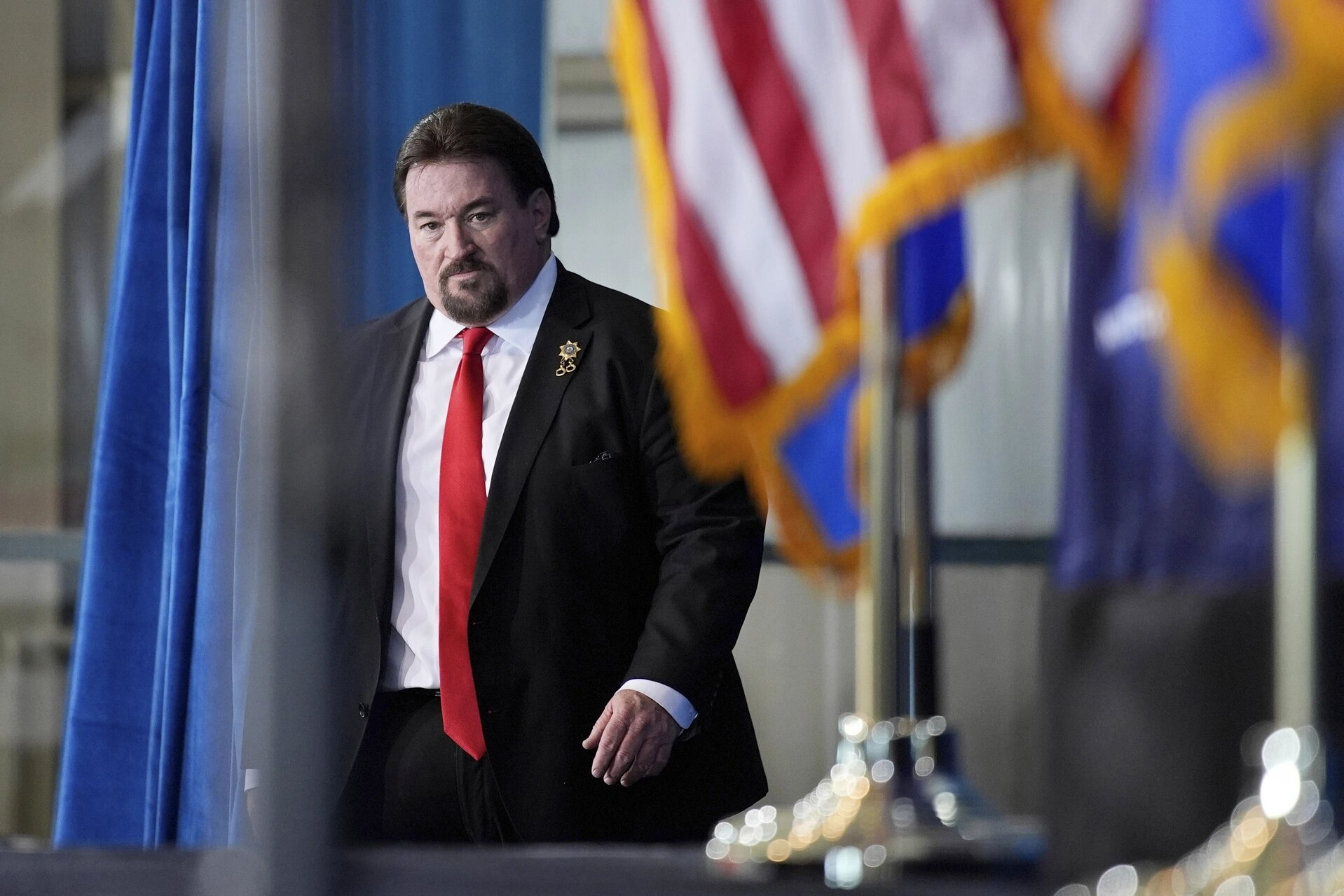The 6-0 decision comes just days after Trump pardoned dozens of allies — including these defendants — for any potential federal crimes related to the 2020 election.

A unanimous Nevada Supreme Court on Thursday revived the criminal case against six prominent allies of President Donald Trump who falsely claimed to be legitimate presidential electors amid Trump’s effort to subvert the 2020 election.
The justices concluded that Attorney General Aaron Ford properly brought the forgery case in Las Vegas, overruling a lower-court decision that found the case should have been brought in Carson City, where the pro-Trump elector nominees signed the false documents.
The 6-0 decision comes just days after Trump pardoned dozens of allies — including the six defendants in Nevada — for any potential federal crimes related to the 2020 election. However, the president’s pardon power does not extend to state-level offenses like those brought by Ford.
Among those facing forgery charges — which carry a maximum five-year penalty — are the state’s sitting GOP chairman Michael McDonald, his vice chair Jim Hindle and the state’s Republican National Committeeman Jim DeGraffenreid.
At the urging of the Trump campaign in 2020, dozens of Republican activists in seven swing states signed certificates claiming to be legitimate presidential electors — though each of the battlegrounds went for Joe Biden. Many were told by party and campaign leadership that the paperwork was a legal necessity to ensure that their electoral votes would be counted if Trump prevailed in any of his court challenges to the election results.
However, top Trump advisers at the time were also planning to use the false certificates to pressure then-Vice President Mike Pence to derail Biden’s victory when Congress met to count ballots on Jan. 6, 2021. Pence, however, refused to recognize the GOP-signed certificates because they were not certified by the states’ governors or legislatures, depriving them of any legal or constitutional legitimacy.
The continuation of the case, nearly five years after the elector certificates were signed, stands in contrast to the fate of a similar criminal case brought by Michigan prosecutors against 16 Republicans who took part in the same effort. A judge there dismissed the case in September, saying the evidence failed to show the defendants acted with criminal intent.
A criminal case in Arizona against the state’s 10 false GOP electors remains in limbo as Attorney General Kris Mayes contends with the trial judge’s ruling that the grand jury proceedings were flawed. In Wisconsin, another criminal case remains pending against three leaders of the Trump campaign’s elector effort. A fourth case in Georgia has been largely derailed after the state supreme court disqualified Fulton County District Attorney Fani Willis from continuing to preside due to an alleged conflict of interest.
